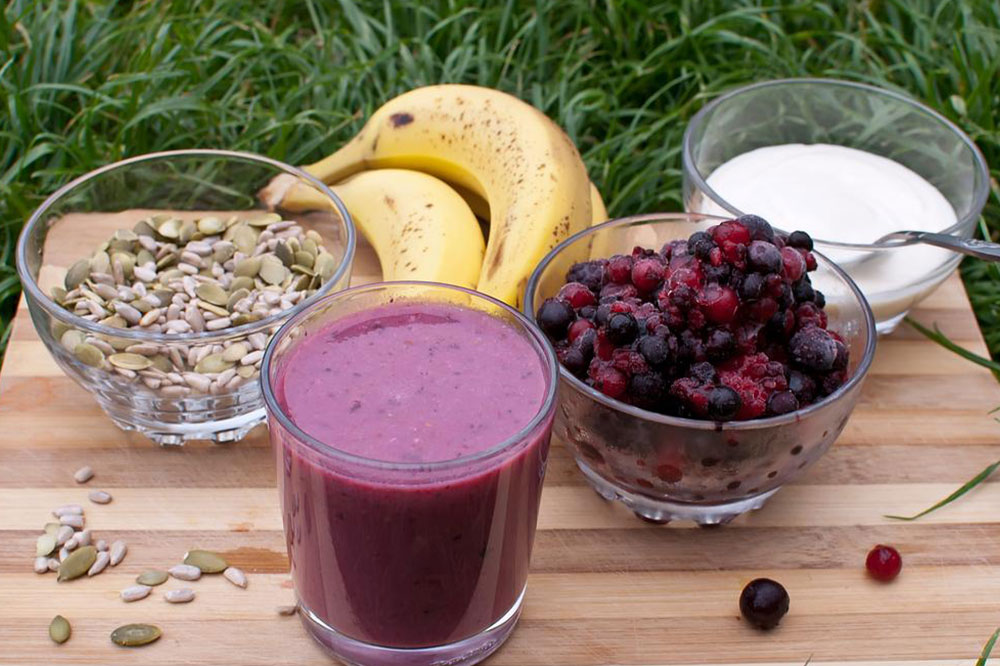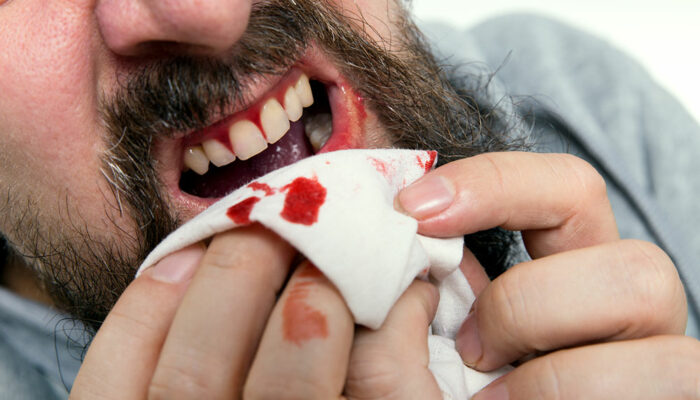
Foods to Eat and Avoid for Hemophilia
Following a good diet is important for everyone and not simply for people suffering from hemophilia. Knowing the symptoms and treatments of hemophilia will help one manage this condition better, and a good diet-plan will make this task easier.
People with hemophilia, particularly children, affected by this condition are discouraged from playing sports, especially those involving a lot of contact play. As a result, they tend to put on more weight. Obesity is emerging as one of the biggest concerns for people with hemophilia. When there is excess body weight, the body’s joints experience high levels of pressure. Being obese is not only a cause for many health issues but also problematic for doctors who find it hard to identify veins for medication infusions.
Treating hemophilia
The treatment for hemophilia will depend on how severe one’s condition is and the type of hemophilia one has. Regardless of the condition, taking charge of the diet is something that one can do easily. One must be able to maintain a healthy lifestyle. It is also essential to shed off those extra pounds.
What to Eat and what not to eat to control hemophilia:
- If one studies the symptoms and treatment of hemophilia, they will realize that they need to maintain optimum iron levels in the body. When one loses 15 ml of blood, they end up losing about 0.75 grams of iron. This means one can suffer from an iron deficiency if they are not careful. So, it is essential to include more iron-rich foods like lean meat, liver, leafy green veggies, dried beans, broccoli, raisins, grains, and poultry in one’s meals.
- One must increase their vegetable and fruit intake. It is advisable to choose dark, leafy, green vegetables, and orange fruits that are well-known sources of minerals and vitamins. Fruits and veggies are good sources of fiber as they promote gut health.
- One must eat whole grains and include barley, oats, bran, whole wheat, brown rice, and pasta to satisfy their hunger. These will also help to cut down cholesterol levels and stabilize blood glucose levels.
- It is best to choose low-fat dairy foods like low-fat cheese and skimmed milk as these are great sources of minerals without having unhealthy fats in them. For those who are lactose intolerant, they can eat oranges, almonds, and lettuce.
- It is advisable to boil, bake, and grill one’s meals instead of frying when it comes to cooking fish, poultry, and lean proteins. One can also include more seeds and nuts into their meals. Dried beans are an excellent food as they are rich in fibers and proteins and are low-fat.
- One must pick out “good fats” like canola oil or olive oil, and do away with “bad fats” like butter.
- It is recommended to eat small meal portions and read the labels well before buying any food product. This will help one detect hidden calories in foods like soft drinks and fruit juices.
- RBC production happens when one’s body has sufficient proteins, iron, copper, vitamins C and B12, folic acid, and vitamin B6. In case one wishes to have dietary supplements, it is essential to consult their doctor beforehand. Supplements like fish oil, vitamin E, flaxseed, bromelain, ginger, and garlic may have adverse effects, and these are best avoided.



